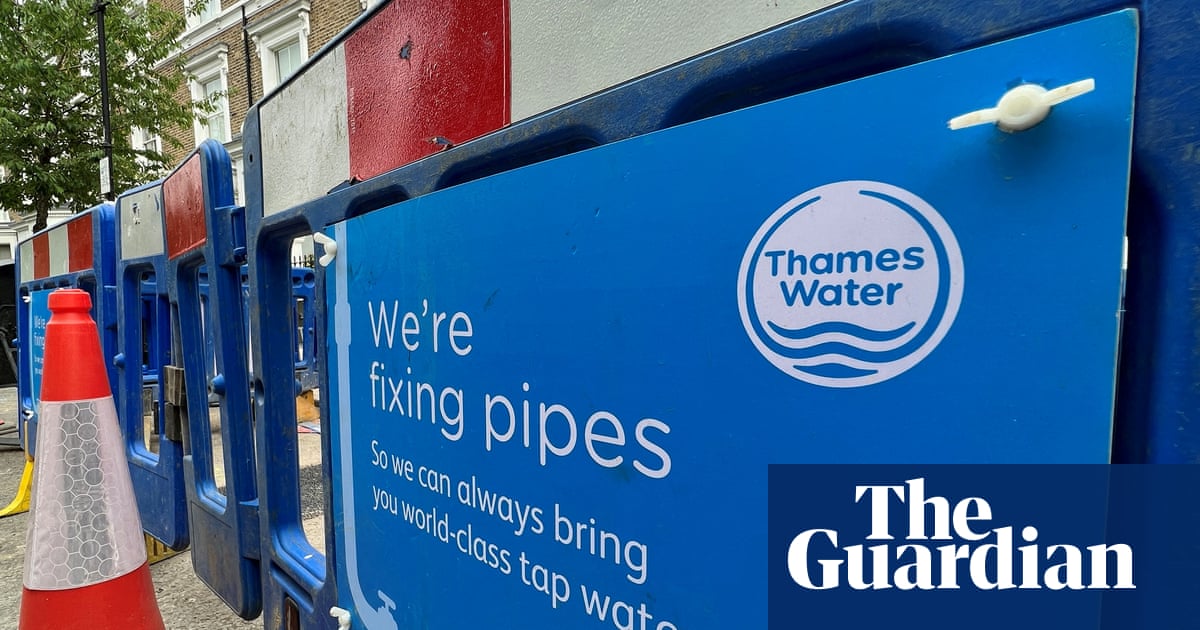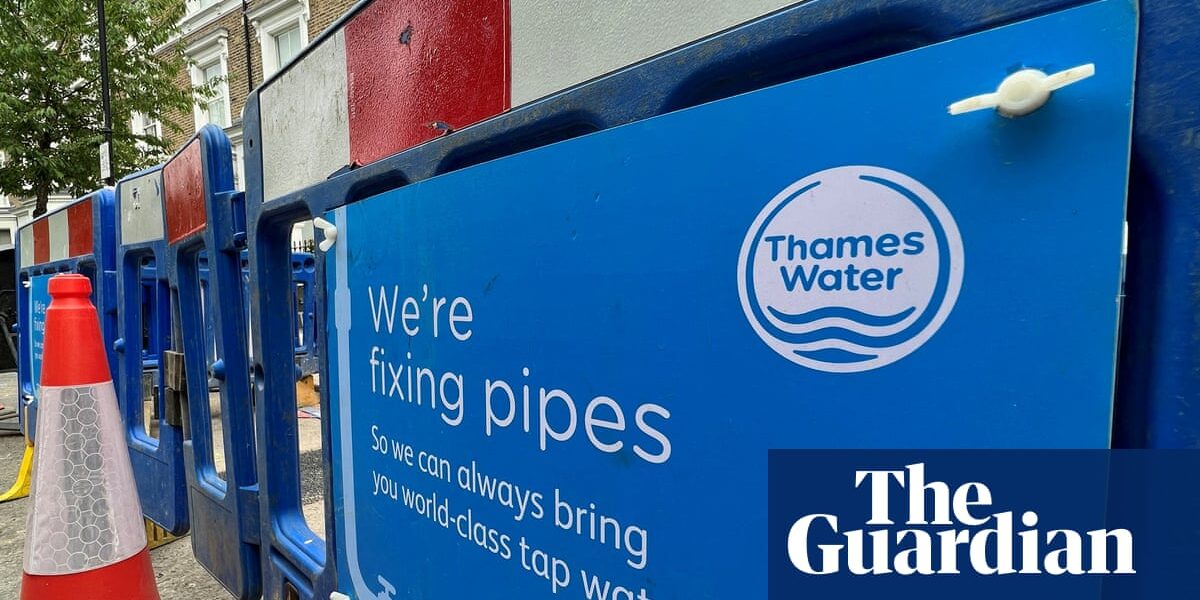The Liberal Democrats have urged ministers to place Thames Water under “special administration.”

The Liberal Democrats have urged the government to place Thames Water under special administration and restructure it as a publicly beneficial organization.
During a parliamentary discussion, Sarah Olney, the spokesperson for the Treasury in the Liberal Democrats party, has urged for the largest privately-owned water company in England to be shut down using newly updated legislation by the government.
The Liberal Democrats are the first widely recognized political party to state that the troubled company should be acquired in order to ensure water and sewerage services for 15 million individuals.
Thames Water is requesting a shareholder rescue package worth £2.5bn until the end of the decade in order to remain financially stable. However, they are also asking Ofwat, the water regulatory authority, to permit a 40% increase in customer fees, provide larger dividends, and reduce penalties for environmental violations, in order to attract the necessary shareholder funding.
During a parliamentary session, Olney stated that Thames Water is no longer an operational company. The government must decide whether to use taxpayer funds to save them or heed our request to place them under special administration and restructure them for the benefit of the public.
Thames Water has chosen not to allocate additional finances this week towards a £180 million initiative that aims to expedite efforts in minimizing sewage pollution in England’s waterways. Their parent company has been advised by auditors that without additional funding from shareholders, the company may face financial depletion by April. The company is obligated to repay a £190 million loan by April.
A company may prompt a special administration if it’s unable to fulfill its financial obligations or comply with legal mandates.
Olney stated that the ultimate factor that led to her final decision was this week’s event. Thames Water executives declined to provide financial support for sewage improvements, which was concerning. Olney was dismayed that the Conservative ministers did not intervene.
The government is creating a contingency plan called Project Timber, in case Thames Water were to go bankrupt. Olney stated that the government should utilize their recently revised water insolvency laws to place the company under special administration.
The fact that the company has financial difficulties and has withdrawn from new sewage investments means that it meets the criteria for special administration, which can be initiated by either the secretary of state or Ofwat, according to Olney.
Based on the revised legislation on water insolvency, the business may be acquired as a functioning entity in order to ensure uninterrupted water and wastewater provisions for 15 million individuals. The taxpayer would not assume responsibility for the debts, as they would remain the responsibility of the holding company, based on the House of Commons library’s independent evaluation of the updated legislation.
According to Olney, the company that was previously under special administration could be reshaped into a public benefit company, prioritizing environmental goals over profit.
Olney inquired about the specifics of Project Timber from the government. In reply, Mark Spencer declined to give a direct statement on Thames Water, citing concerns about disclosing information related to private companies in the market. The minister of environment stated that the government does have a strategy in place to aid essential service companies like utilities or banking in times of difficulty.
He stated that the government’s main focus is to continue providing water and wastewater services.
Thames Water acknowledges in their most recent business proposal, which has been sent to Ofwat for approval, that they have experienced asset wear and tear and have neglected their infrastructure for many years by prolonging the use of assets and opting for repairs instead of replacements.
Plans include investing £4.7 billion to address the deteriorating state of its infrastructure. However, fully repairing sewers would require £1.5 billion, and fixing sewage works would cost £2.2 billion. Thames has stated that it will be unable to fully carry out the necessary investments in its outdated assets or meet its desired environmental responsibilities by the end of the decade.
The authorities Ofwat and the Environment Agency are currently investigating the company for potential unlawful release of sewage from several of their treatment facilities. The investigation from Ofwat is expected to release findings in the coming months and may result in significant financial penalties for Thames. The company has acknowledged that 157 treatment works do not comply with regulations.
Thames Water chose not to provide a comment.
The spokesperson for the government stated that water companies are businesses and therefore they cannot disclose information on the financial status of individual companies. The government takes measures to be prepared for various situations in regulated industries, including the water industry, as expected of a responsible government.
Source: theguardian.com

